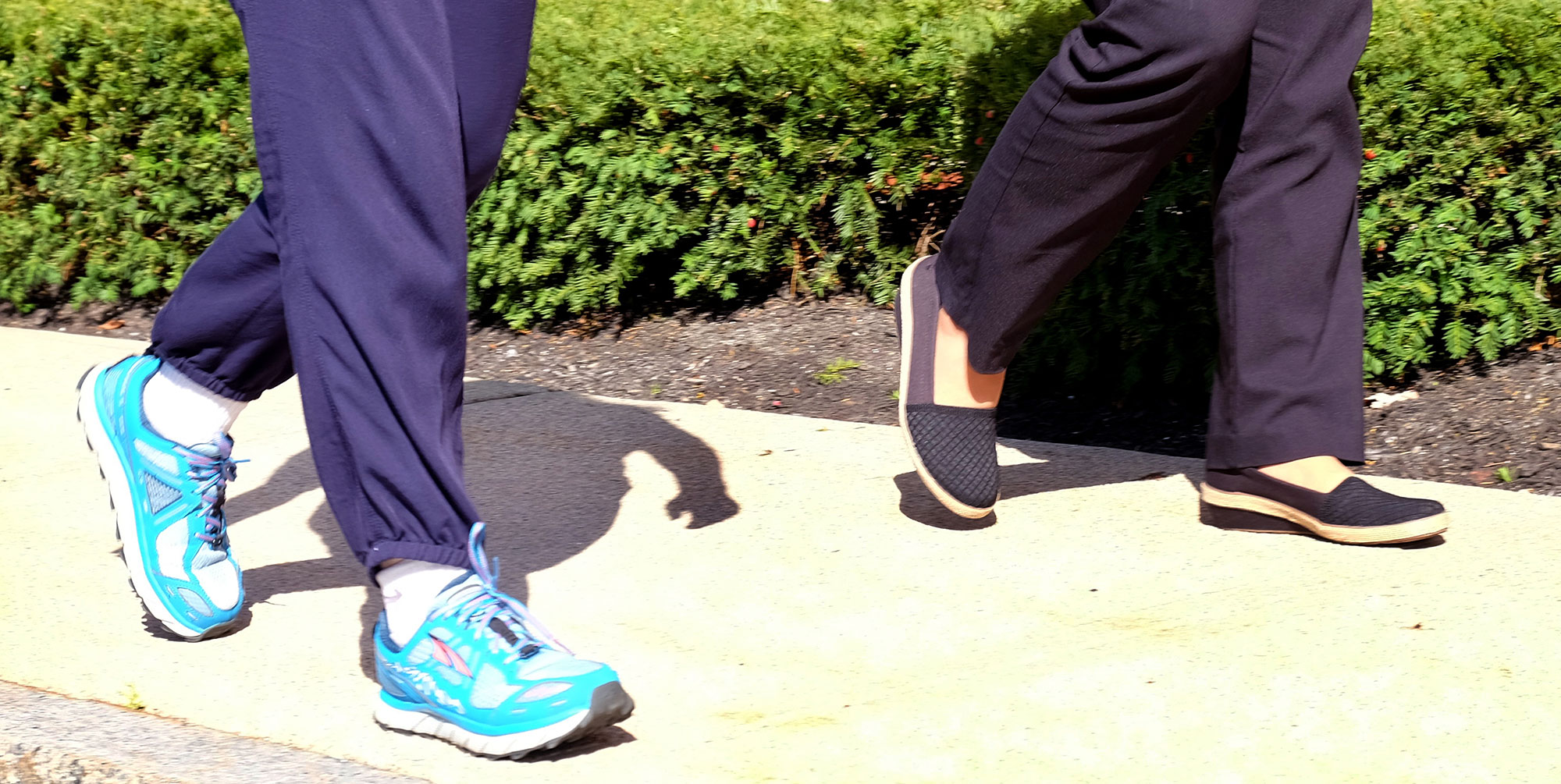By Mary Lavoie, MD – InterMed Women’s Health
Many women consider bone health to be an issue relevant only to older women. However, bone health is something that we need to be mindful of throughout the female lifespan. As women, there are many simple steps we can take to optimize bone health and reduce the risk of osteoporosis later in life.
How can I reduce my chances of developing osteoporosis?
Osteoporosis is a disorder involving the skeletal system that involves loss in the quality and the quantity of your bones. This bone disease makes you more apt to suffer from fractures, which can adversely affect your quality of life. Many studies have demonstrated that much of your overall bone health is related to your genetic make-up (and therefore can’t be changed entirely). However, there are environmental and lifestyle factors that have been shown to positively impact your bone health as well, including:
- Weight-bearing exercise
- Adequate nutrition, particularly adequate calcium and vitamin D intake
- Smoking cessation
- Avoiding excessive alcohol use
I know calcium is important, but how much do I need and how can I get it in my diet? ?
The amount of calcium you need daily depends on your age. The Institute of Medicine (IOM) recommends the following quantities of calcium and vitamin D for women:

Most women are aware that low-fat dairy (milk, yogurt, and cheese) represents an excellent source of calcium. However, you can also find calcium in certain vegetables (including broccoli and collard greens), in fortified cereals and orange juice, and in tofu. Some women also require a calcium and/or Vitamin D supplement. Talk to your InterMed primary care physician or OB/GYN if you are wondering if a supplement is right for you.
How will I know if I have bone disease?
All women should be screened for bone density starting at age 65. However, your InterMed physician may suggest screening you sooner if you have certain risk factors for osteoporosis. You may be a candidate for bone density screening before age 65 if you:
- Have history of a fragility fracture
- Have a medical reason for bone loss (certain medications)
- Are a current smoker
Again, your InterMed provider can speak with you about your health history and determine if early osteoporosis screening is right for you.
How will I be screened for osteoporosis?
The DEXA (dual-energy x-ray absorptiometry) scan is the recommended screening test for osteoporosis. The test is painless and typically takes only 15 minutes to perform. You will be asked to lie on an open x-ray table while an imaging technician takes a small x-ray of your lumbar spine and your hips. The information obtained from this quick test will tell your doctor if you have osteopenia (a condition involving low bone density) or osteoporosis.
We look forward to answering any questions you have and working in partnership with you to optimize your bone health!
For more information about bone health, check out:
The American Congress of Obstetricians and Gynecologists: https://www.acog.org/Patients/FAQs/Osteoporosis
The National Osteoporosis Foundation: https://www.nof.org

.png)
